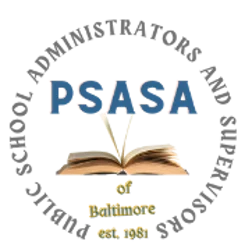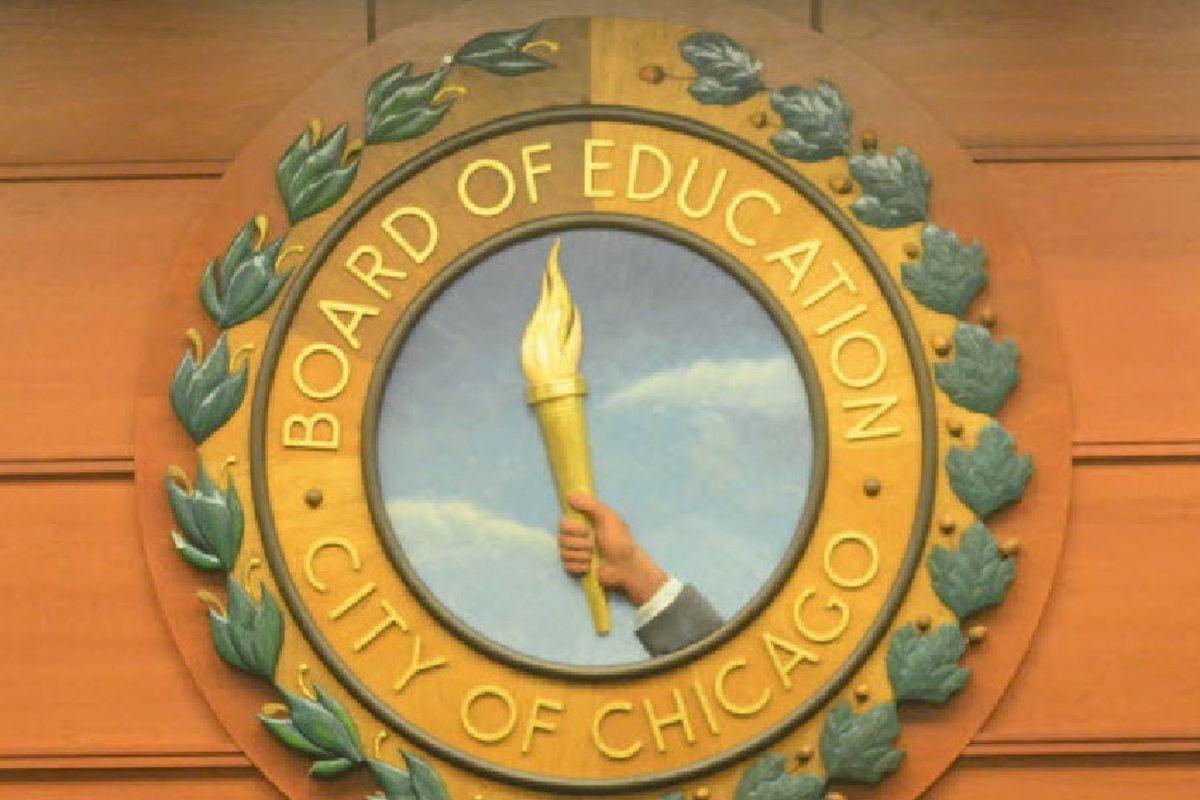Chicago school principals and assistant principals from all parts of the city turned out in force attending a meeting of the Chicago Board of Education to give direct feedback to the board about the way schools are rated in the district.
According to Chicago Principals and Administrators Association (AFSA Local 2) President Troy LaRaviere, it was something he hadn’t seen or heard of since he started working for the district more than 22 years ago.
Cassie Walker Burke of Chalkbeat reports:
Ellen Kennedy gripped the microphone and spoke poignantly about how school ratings put pressure on everyone involved with a school, starting with the principal.
“The struggle is really, really real,” said Kennedy, the principal at Richards Career Academy, a high school in the Back of the Yards neighborhood that moved up from the lowest-rated tier last school year. She was one of about 60 principals, parents, and community members who took part in a school ratings discussion at the new $85 million Englewood STEM High School Monday night. “My school lovingly serves some of the most vulnerable children in this city, yet I’m being measured by the same [ratings] policy as selective enrollment schools. There is something truly disturbing about that.”
School ratings factor heavily into which schools parents choose, and can trigger interventions when they drop past a threshold. They are required by both state and federal law, but school districts have considerable leeway in how they design the ratings.
What happened at the board meeting this week had its roots based in a discussion from last summer with board member Dwayne Truss. During that meeting, LaRaviere raised concerns and issues of school leaders, including staffing, ratings and compensation.
Truss responded, “I support what you’re trying to do, but we (the board) are not likely to address your issues unless you organize your principals to put pressure on us.” Fast forward to this month, when board member Amy Rome invited CPAA to the board’s rating review meeting. "It was time to kick organizing into high gear," said LaRaviere.
"The Local 2 team came together to brainstorm and plan our input for the meeting," said LaRaviere. "And then more than 20 school leaders attended the meeting and shared our critiques of SQRP and our hopes for a better school assessment system."
About 12 to 15 tables were filled with parents, community members and teachers who were there to give their input as well. Principals and assistant principals were there to ensure there was an administrator voice at every table.
After the meeting, Truss said, “The most powerful voice tonight came from the testimony of a principal. You have to organize your members, because they have the most powerful voices. We need to hear them."
CPAA AFSA Local 2 will continue our work to ensure school leaders' voices are heard in regard to the issues that matter to everyone we represent.

